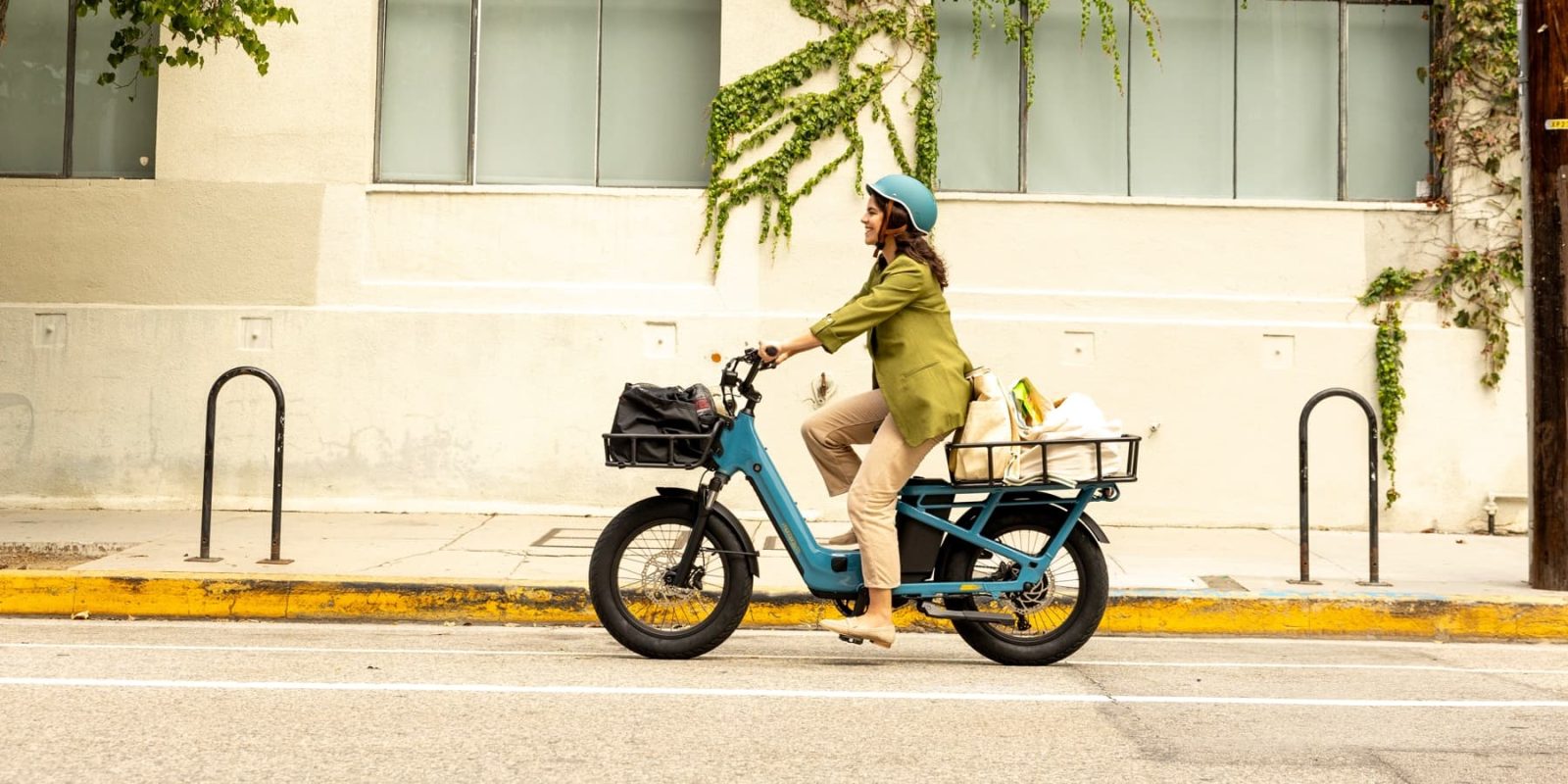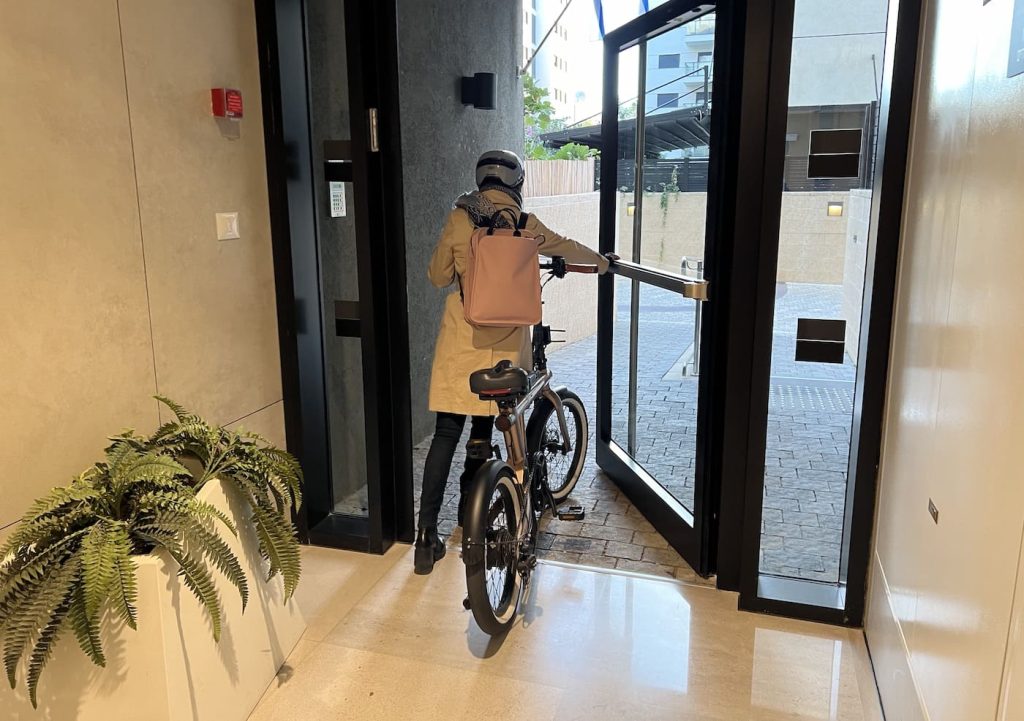
The National Renewable Energy Laboratory (NREL) has recently announced a hardline approach that bans the entrance of electric bicycles by visitors or staff due to safety concerns.
The NREL is a federally-funded R&D center that focuses on sustainable energy solutions, including research into solar energy and energy efficiency, among others.
According to the NREL’s fire marshal Nicholas Bartlett, micromobility devices such as electric scooters and bikes are no longer permitted to be charged or stored in the buildings.
As Bartlett explained:
“The data in the past few years shows an alarming trend of injuries and deaths, as demonstrated by entities such as NYFD and the UL Fire Safety Research Institute. The fires and explosions are attributed to a wide variety of causes such as mismatched chargers, overcharging, uncertified/Listed batteries, poor manufacturing quality, home made devices, etc. We cannot necessarily control what people purchase and use, but in some instances we are able to put restrictions on where and how an activity can be done (and we routinely do for everything from experiments with chemicals to fall protection).”

While still rare, some college campuses and government housing initiatives in the US have announced similar bans under the guise of fire safety.
For its part, the NREL has shown tacit support for electric bikes and micromobility in the past, and isn’t saying that employees should avoid riding e-bikes to work. As an alternative to storing or charging e-bikes indoors, such as in employees’ offices, Bartlett shared that the NREL has “worked to implement outdoor charging locations, at a reasonable distance from building entrances, such as the one shown here,” alongside a photo of a short bike rack with three parking slots next to an outdoor electrical outlet.
The NREL has an annual budget of US $783.5 million and a staff of over 2,600 people.
Electrek’s Take
Frankly, I’m quite disappointed in the NREL for getting caught up in this sensationalism. This is the e-bike equivalent of your ignorant neighbor quipping “I see you bought an electric car… better not park it in the garage unless you have fire insurance”.
Top comment by Noel Merket
As a researcher who has bike and e-bike commuted to NREL for over a decade now, this story is sensationalized. Here's what I see as someone who is very directly affected by this:
I bike commute because parking is disincentivized. It's faster for me to get to work on a bike than park in the parking garage and walk the 10-15 minutes to my building.
Safety is a big deal at NREL. This isn't the only thing they take a really defensive position on when it comes to safety.
They have dozens of bike lockers available outdoors as well as covered bike parking. Many people don't even lock their bikes up and I've never heard of a bike stolen on campus.
They have bike repair stations around campus.
Our offices aren't that big and almost nobody keeps bikes in their offices due to the aforementioned abundant bike parking.
Rather than tell people, "no ebikes" they installed outlets outdoors next to the bike racks just so people could charge their bikes at work.
There are a lot of justifiable things to get worked up about. This isn't one of them.
The fact of the matter is that e-bike fires, while a legitimate threat, are also a tiny, minuscule threat. They get a disproportional amount of media attention because those headlines get far more clicks (and thus make more money) than “Millions of e-bikes charged uneventfully today, just like yesterday.”
I understand that the NREL’s goal here is to protect their staff. But if that’s truly the case, then they would be much better served with a scientific approach to the problem. This knee-jerk reaction likely “feels right” to the decision makers because they saw several scary headlines and now felt like they are doing something, but the data doesn’t support the move. Even a more soft-touch approach, such as banning charging indoors while still letting employees park their e-bikes in their offices, would have been a major improvement. E-bike fires in buildings are exceedingly rare. Of the small number that do occur, cases where the e-bikes spontaneously combusted while in storage are a small subset of an already small subset. The small number of e-bike fires has almost always occurred during charging (generally due to charging mistakes and/or ultra-low quality batteries).
Instead of banning e-bikes in the building, the NREL could have a much larger impact on their staff’s health and safety by banning arriving at work by private automobile. Essentially every study on the subject has proven that private cars are several times more deadly than public transportation. But hey, why let data ruin good intentions?
That isn’t to say that more effort shouldn’t be put into higher quality e-bike manufacturing principles as well as regulating out the more dangerous dirt-cheap e-bikes. But let’s get real. E-bikes sitting in the corner of someone’s office are saving countless more lives than they are risking.
FTC: We use income earning auto affiliate links. More.



Comments